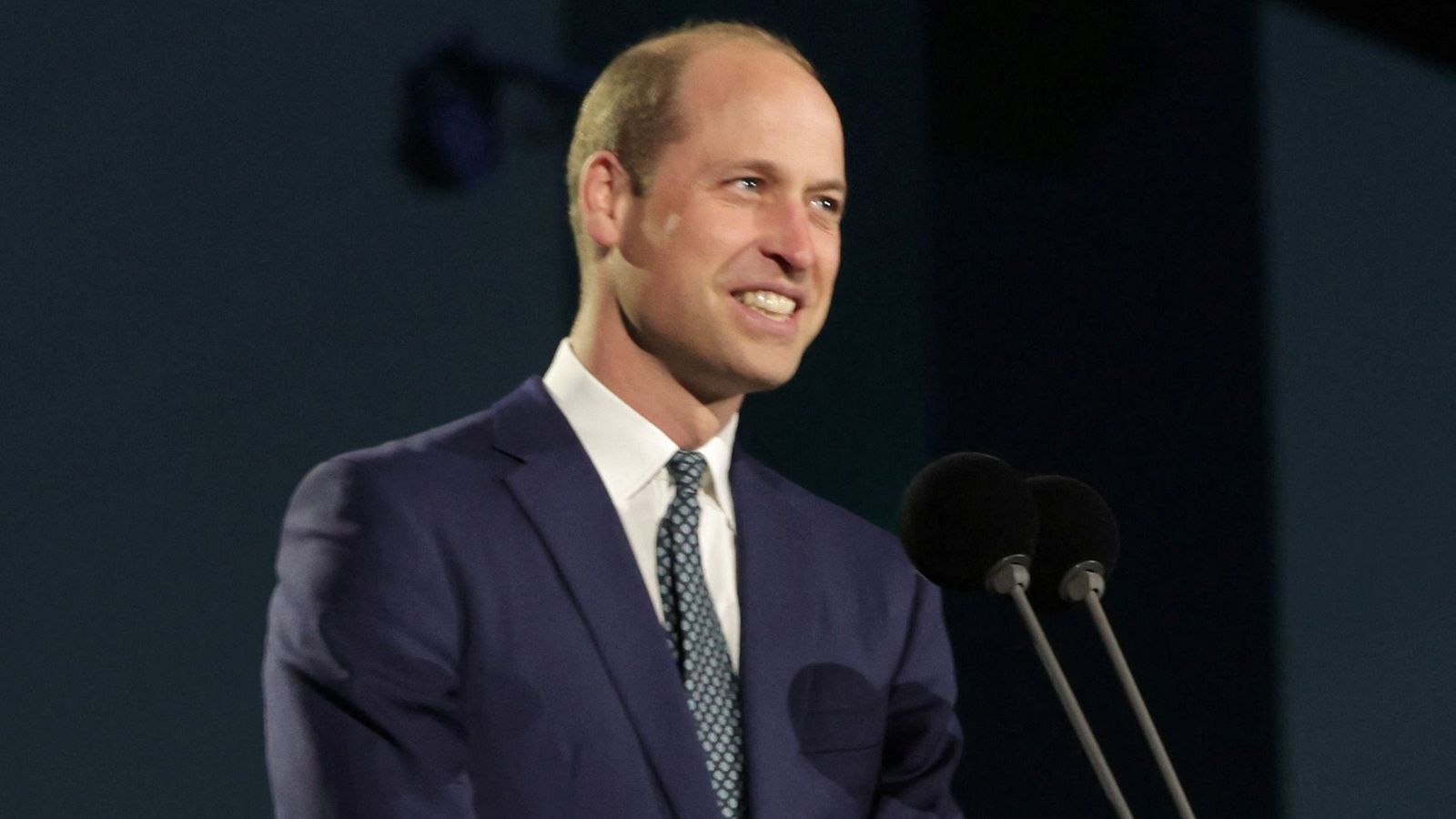More than 400 victims forced into marriage in UK over past year

More than 400 victims were forced into marriage in the UK over the last year, data shared with Sky News reveals.
A leading charity which aims to end honour-based abuse in the UK is calling on the government to recognise and adopt their new definition of the crime, as data shows offences in England and Wales rose for a second consecutive year.
In new data shared exclusively with Sky News, charity Karma Nirvana said they supported more than 2,500 victims of honour-based abuse within the last year, 417 of them were forced into marriage and at least 82 children in the UK were threatened with being wed.
A new, clear and detailed definition of the issue is being shared with the government on Friday in the hope the Home Office recognise and adopt it, with the minister for safeguarding saying they “will consider whether there needs to be a change”.
Natasha Rattu, executive director of Karma Nirvana, told Sky News: “A clear definition for honour-based abuse is needed because the issues are so hidden and are often misidentified.
“It’s really vitally important that those who are on the front line have an opportunity to identify it, such as police officers, social workers and health professionals, so they can offer the best support.”
The charity also claims policing around this issue has “regressed over the last nine years” since an inspection was carried out in 2015.
It found that only three police forces out of 43 were equipped to deal with honour-based abuse offences – they are now demanding re-inspections of police forces across the country.
In an exclusive interview with Sky News, the minister for safeguarding, Sarah Dines, said the government is “working hard at pace” to tackle the issue.
Advertisement
Ms Dines said: “I’m always concerned if people say they’re not trained enough, and I want there to be more training.”
She spoke to Sky News while at Heathrow Airport where Border Force and police were taking a proactive approach to raising awareness of honour-based abuse and forced marriage with passengers leaving and arriving into the UK.
On recognising the charity’s definition she said: “At the moment the strategy definition might not be helpful, we will consider whether there needs to be a change, but at the moment we do have definitions of domestic abuse and honour-based abuse is just part of the whole strategy that we’re doing to try and improve things for vulnerable people.”
‘I was essentially under house arrest’
Aisha, not her real name, spoke to Sky News about her story of abuse in the name of honour.
The moment her parents found out she had a white boyfriend in South Wales, life was never the same.
“I was essentially under house arrest. I was trapped in the house, couldn’t go anywhere and there was no end in sight. I think that was the biggest psychological hurdle because when will it end? It was terrifying.”
Read more:
Raising marriage age in England and Wales is ‘huge leap forward’ in tackling ‘hidden abuse’
Why is Scotland’s gender recognition reform bill controversial?
At the age of 22, Aisha’s parents took her back to India on false pretences. They claimed her grandma was unwell, but in fact, they wanted to force her into a marriage with a man she had never met.
“I was threatened with violence from the local mujahideens. My dad told me, quite plainly, if they knew what I had done, they’d shoot me. My dad was violent as well whilst we were there because he was giving me an ultimatum to fall in line and to do as I was told.”
She added: “My mother had insinuated that there could be even worse retributions, fatal.”
When Aisha returned to the UK after marrying against her will, she managed to escape the constant coercive control of her parents.
Like thousands of women across the country, she is now a survivor of honour-based abuse and forced marriage – some aren’t so lucky.
Shafilea Ahmed – killed by her own parents
2023 marks 20 years since the murder of Shafilea Ahmed.
She was killed in her own home, by her own parents for bringing shame upon her family, refusing an arranged marriage and rejecting the traditional values of her family.
Her brutal death sparked a national conversation around honour-based abuse, but even today far too many victims fall through the cracks.
It’s hoped the new definition could be the beginning to ending this injustice.

